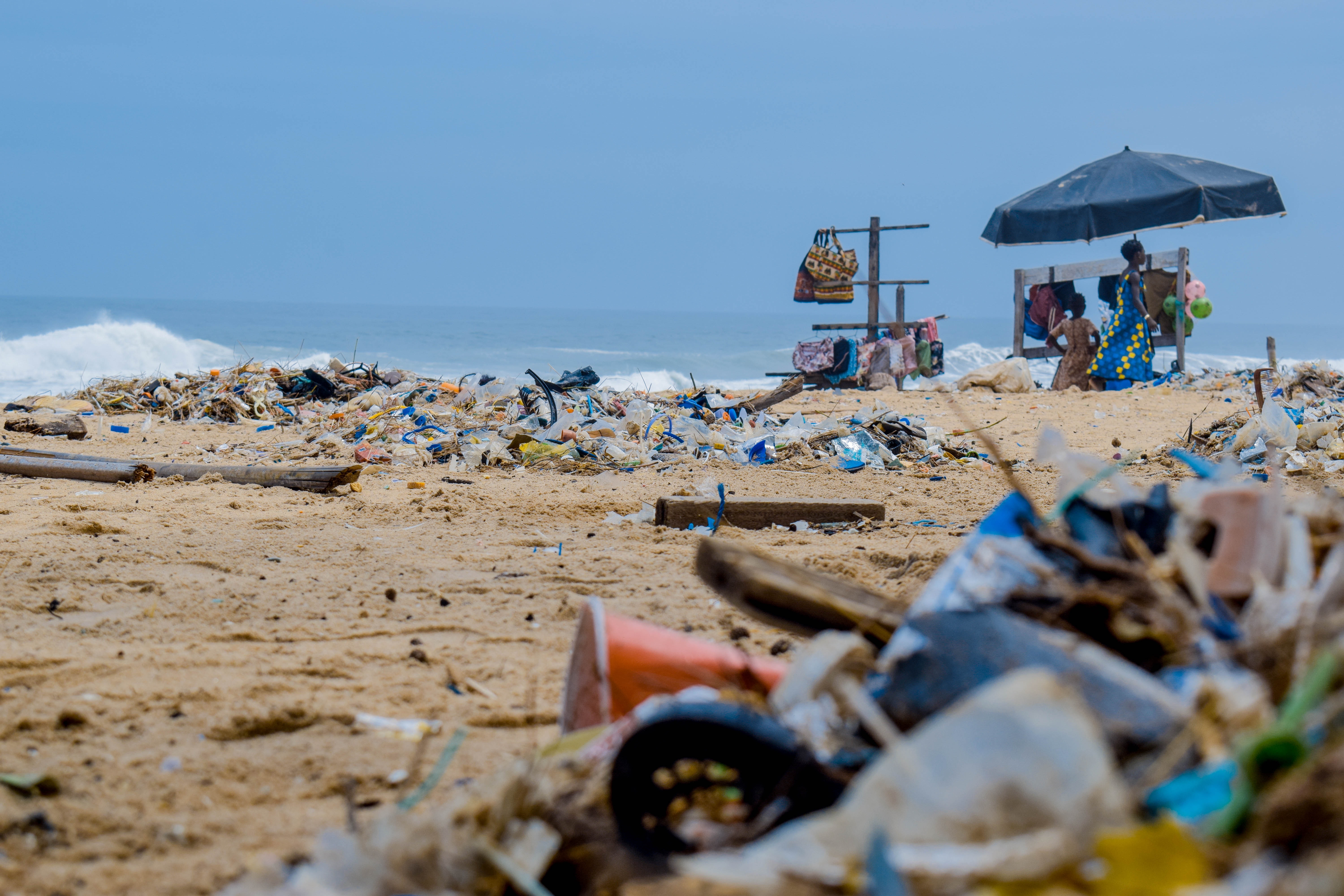
In a world that now produces more than 380 million tonnes of plastic every year, can a 1cm mite transform our self-fulfilled global path of destruction? Researchers have found a pair of enzymes in wax worm saliva that break down polyethene within a few hours at room temperature. I was intrigued by the discovery and wanted to explore its full potential.

Polyethene is an incredibly malleable plastic that allows for flexibility within products. Used in packaging, shopping bags, cable insulation and toys: its highly robust nature makes it the most widely used plastic in the world. The problem, however, is that although polyethene is so versatile in our day-to-day lives, its versatility is one of its major flaws as it is now a monster pollutant on the planet.
There are currently three ways to dispose of polyethene which are:

However, there has been a breakthrough in the form of a wax worm. A wax worm is the larvae of a particular moth that infests beehives. Larvae in the context of a beehive will quickly tunnel and chew through the wax “combs”. But in the context of plastic, these home breakers’ saliva could change the world’s plastic landscape.
This discovery came about when a scientist and amateur beekeeper cleaned his infested hive into a plastic bag, quickly finding the bag was no longer there. “The researchers said the study showed insect saliva may be “a depository of degrading enzymes which could revolutionise [the cleanup of polluting waste]”. This breakthrough could lead to a cost-effective way of recycling plastic.

The findings have brought new possibilities to the reproduction of plastic. There is now the potential for a reduction in the oil needed to produce “virgin plastics”. As we are currently living in a bottleneck of plastic recycling, this new chemical could help to reduce this through its ability to break down the plastic at room temperature and even in water.
We won’t be seeing this chemical introduction to the breakdown of plastics in a commercial setting for a while yet, as this discovery is at an early stage. However, it has brought about new possibilities in the future of plastic recycling that could even lead us to remoulding plastic within our own homes.
It is vital that we universally begin to reduce the amount of plastic we are using. If we are able to treat plastic as a fully recyclable material our future landscape look’s a lot more green – and a lot less plastic.
“My beehives were plagued with wax worms, so I started cleaning them, putting the worms in a plastic bag,” said Dr Federica Bertocchini, at the Biological Research Centre in Madrid. “After a while, I noticed lots of holes and we found it wasn’t only chewing, it was [chemical breakdown], so that was the beginning of the story.”